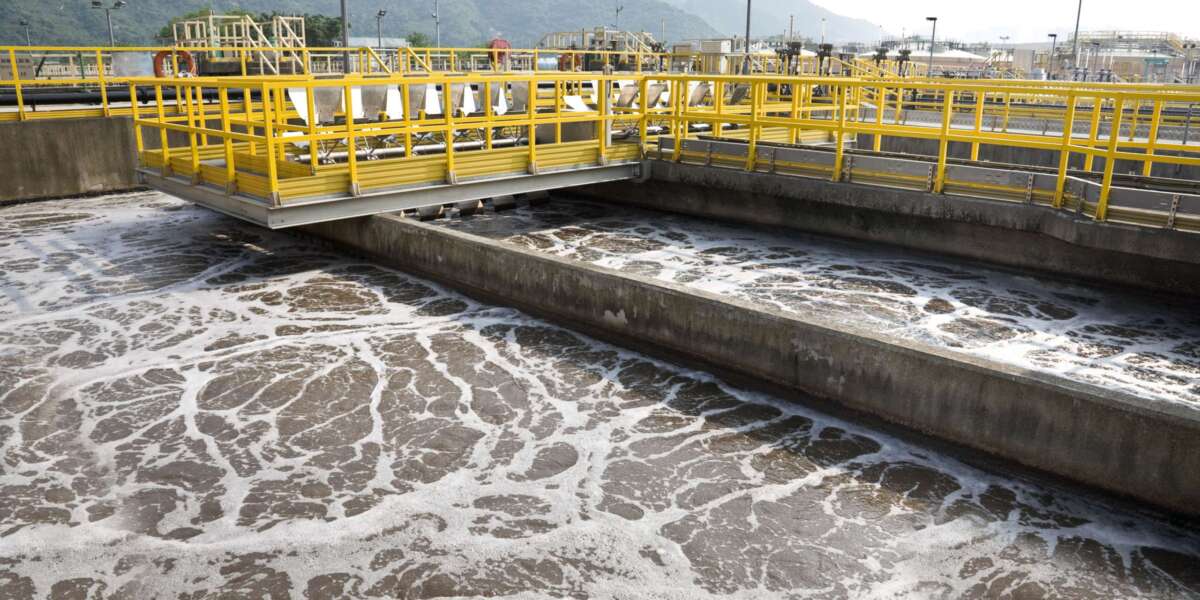Why is it important to have your water Treatment Plant Operated and maintained by Experts?
You’ve made a significant investment in a water or wastewater treatment system. Now comes the most critical question for your budget: What is the most cost-effective way to operate and maintain it?
Many businesses assume that handling maintenance in-house is the cheapest option. However, this approach often leads to spiraling, unpredictable costs from emergency repairs, wasted resources, and non-compliance fines.

At Smart Water Treatment Technology, we prove that outsourcing your Operation & Maintenance (O&M) isn’t an added expense—it’s your smartest financial strategy.
It not only lowers total ownership costs but also eliminates several risks.
The Hidden Costs of Self-Managing Your System
Without a specialized team, you’re exposed to numerous hidden costs that rarely appear on the initial budget:
Costly Emergency Shutdowns: A minor issue can become a catastrophic equipment failure. This results in expensive emergency repairs and operational downtime. Consequently, you may need to source costly alternative water.
Wasted Staff Hours: Your skilled employees are diverted from revenue-generating tasks. Therefore, they waste valuable time managing unfamiliar, complex systems instead of focusing on their core business.
Excess Costs & Environmental Risks: An un-optimized system wastes expensive energy and chemicals. Furthermore, improper wastewater discharge can lead to severe environmental hazards and steep regulatory fines.
Shortened Equipment Lifespan: A reactive approach drastically shortens your equipment’s life. This forces you into premature and expensive capital replacement.
The Proactive Maintenance Solution: We prevent failures before they happen. Our predictive approach uses planned spare parts effectively. Therefore, you avoid costly surprises and maximize your investment.
What is Comperhinsive Operation and Maintenance Services in GCC
Our comprehensive Operation & Maintenance (O&M) contract is an all-inclusive management solution. It’s designed to deliver complete operational certainty and, most importantly, total budgetary control over your water assets. Here’s how we do it:
Expert Operations & Chemical Supply Management
We take full command of your facility’s daily functions. Our certified specialists continuously optimize every process to maximize water production and improve energy efficiency. Furthermore, this service includes the seamless management of your entire chemical supply chain. We handle procurement, delivery, and inventory, ensuring the correct, high-quality chemicals are always on hand to guarantee uninterrupted service and consistent water quality.
Proactive Maintenance & Strategic Spares
We shift your maintenance strategy from reactive to proactive. Using data-driven monitoring, we anticipate equipment stress and schedule maintenance before a failure can occur, eliminating costly, unplanned downtime. In addition, we manage a strategic inventory of critical spare parts on-site. This foresight ensures that if a component does wear out, the replacement is immediately available, turning a potential multi-day shutdown into a minor, planned repair.
Guaranteed Regulatory Compliance
We implement a rigorous, continuous program of water analysis and monitoring. Our team conducts all necessary testing and maintains meticulous documentation to ensure your facility consistently meets or exceeds all local and national environmental regulations. Consequently, this protects you from the risk of heavy fines, legal liabilities, and reputational damage, providing you with total peace of mind.
Complete Financial Predictability
Ultimately, this integrated approach bundles all necessary services—operations, maintenance, chemicals, and spares—into a single, fixed fee. You move from a chaotic budget filled with unforeseen emergency costs to a balanced, predictable operational expense. This allows you to forecast your costs accurately and focus your capital on growing your core business, not on unexpected repairs.

